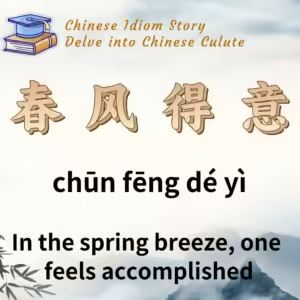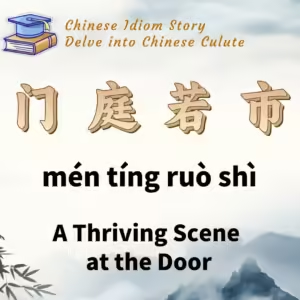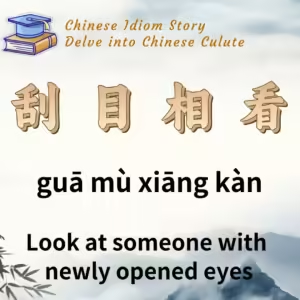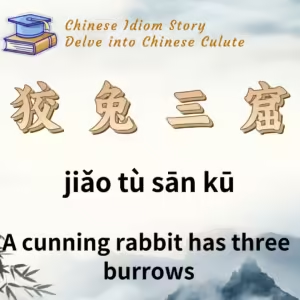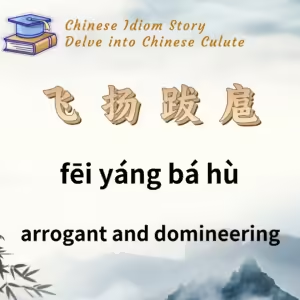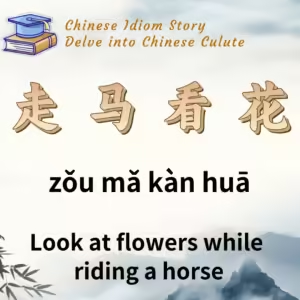
Chinese Idiom: 走马看花 (Zou Ma Kan Hua)
English Translation: Look at flowers while riding a horse
pīn yīn: zǒu mǎ kàn huā
Idiom Meaning: This idiom refers to observing things briefly or superficially, or conducting a cursory survey of a situation.
Historical Source: Meng Dongye Shi Ji (《孟东野诗集·登科后》) by Meng Jiao.
Idiom Story:
Meng Jiao, known as Dongye, was a poet from Wukang, Huzhou (now in Zhejiang Province) during the Tang Dynasty. He lived through the turbulent times following the An-Shi Rebellion, witnessing political strife, power struggles among the bureaucratic elites, and continuous military conflicts that exacerbated the hardships faced by the people.
Despite his talent, Meng Jiao struggled for many years, repeatedly taking the imperial examination without success, which left him in dire straits. His poetry often expressed his frustrations about his impoverished condition and his inability to secure an official position.
At the age of forty, in the twelfth year of the Zhenyuan era (796 AD) during the reign of Emperor Dezong, he finally passed the examination in Chang’an. Overjoyed, he rode his horse through the streets of the capital, feeling an overwhelming sense of elation. In this euphoric moment, he composed the poem Deng Ke Hou (《登科后》):
“昔日龌龊不足夸,今朝放荡思无涯。
春风得意马蹄疾,一日看尽长安花。”
(Translation: “The dirty past is not worth boasting about; today, I am free to think without limits. In the spring breeze, my horse gallops fast; in one day, I will see all the flowers of Chang’an.”)
In this poem, Meng Jiao reflects on leaving behind his previous miseries and reveling in the joy of his newfound success. He expresses his desire to take in the beauty of Chang’an in a single day, as if he were riding swiftly past a landscape of blooming flowers.
This story gave rise to the idiom “走马看花,” symbolizing the act of hastily observing or experiencing something without delving into its details.

